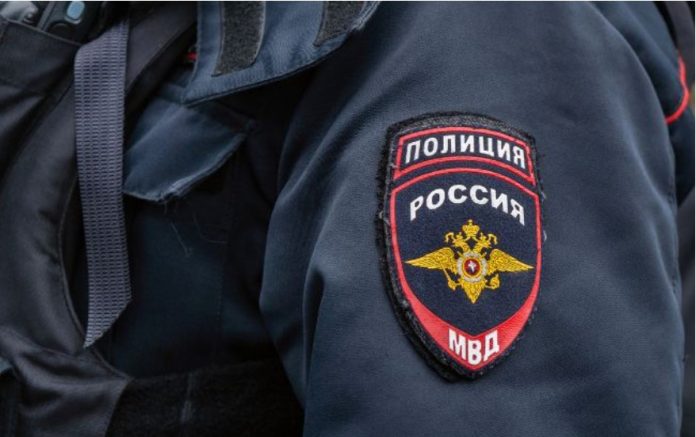The Kremlin is stepping up efforts to counter Islamist extremist threats in the North Caucasus, trying to maintain the appearance of stability and normal life on the territory of the Russian Federation.
After the terrorist attacks in Makhachkala and Derbent on June 23, the head of the Republic of Dagestan, Serhiy Melikov, in an address to the People's Assembly, ordered to conduct an inspection of the personal affairs of all those who hold leadership positions in Dagestan, in particular, deputies of the People's Assembly.
On June 24, Melikov dismissed Magomed Omarov, the head of the Sergokalinsky district of Dagestan. This happened after two of his sons, who were identified as the attackers, were killed by law enforcement officers during an attack in Makhachkala.
On June 25, the Russian special services announced the arrest of Omarov, and law enforcement officers do not rule out that he may be charged with assisting terrorists.
According to the ISW report, the Kremlin is reviewing its approach to preventing extremism in the North Caucasus and raising more questions about Melikov, who has yet to curb growing radicalism among Dagestan's youth after the June 23 terrorist attacks.
ISW analysts believe that the Kremlin is trying to maintain the appearance of stability and normality in response to the terrorist attack in Dagestan and to demonstrate the multi-ethnic and multi-religious unity of Russia.
Russian military bloggers have harshly criticized local officials who they believe are aware of the rise of extremism. They also criticize Dagestan's youth policy for supporting youth mixed martial arts clubs, which they believe breeds extremist ideology.
The outrage of military bloggers against the Dagestan authorities is a tacit admission that they are not interested in increasing the Kremlin's efforts to link the June 23 terrorist attacks in Dagestan to external actors such as Ukraine or the West, the ISW report notes.


